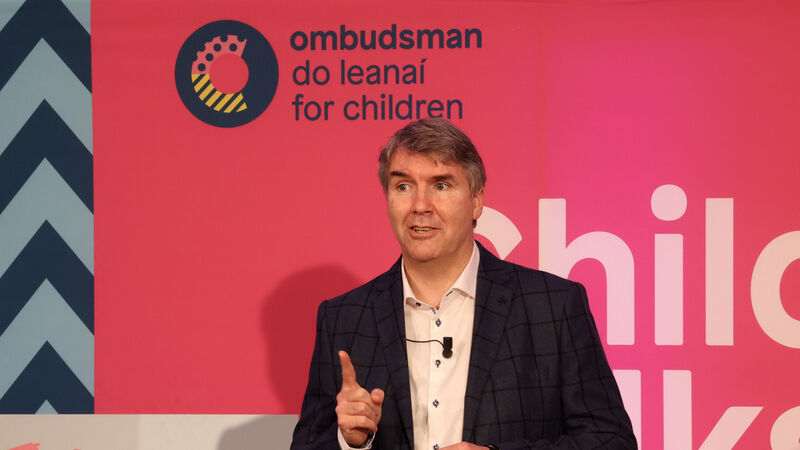Ombudsman calls for 'gear change' in how Government considers children

Ombudsman for Children Niall Muldoon made his comments as his office published two reports to be submitted to the United Nations Committee on the Rights of the Child. File picture: Sam Boal/RollingNews.ie
The Children's Ombudsman has said there needs to be a significant "gear change" in how the Government considers children in its policies and decisions, including ringfencing funds for mental health supports and tackling bullying.
Niall Muldoon made his comments as his office published two reports to be submitted to the United Nations Committee on the Rights of the Child, and which contain first-person testimony from young people about how various issues impact them and their communities.












